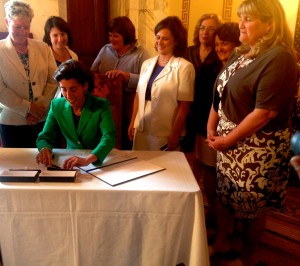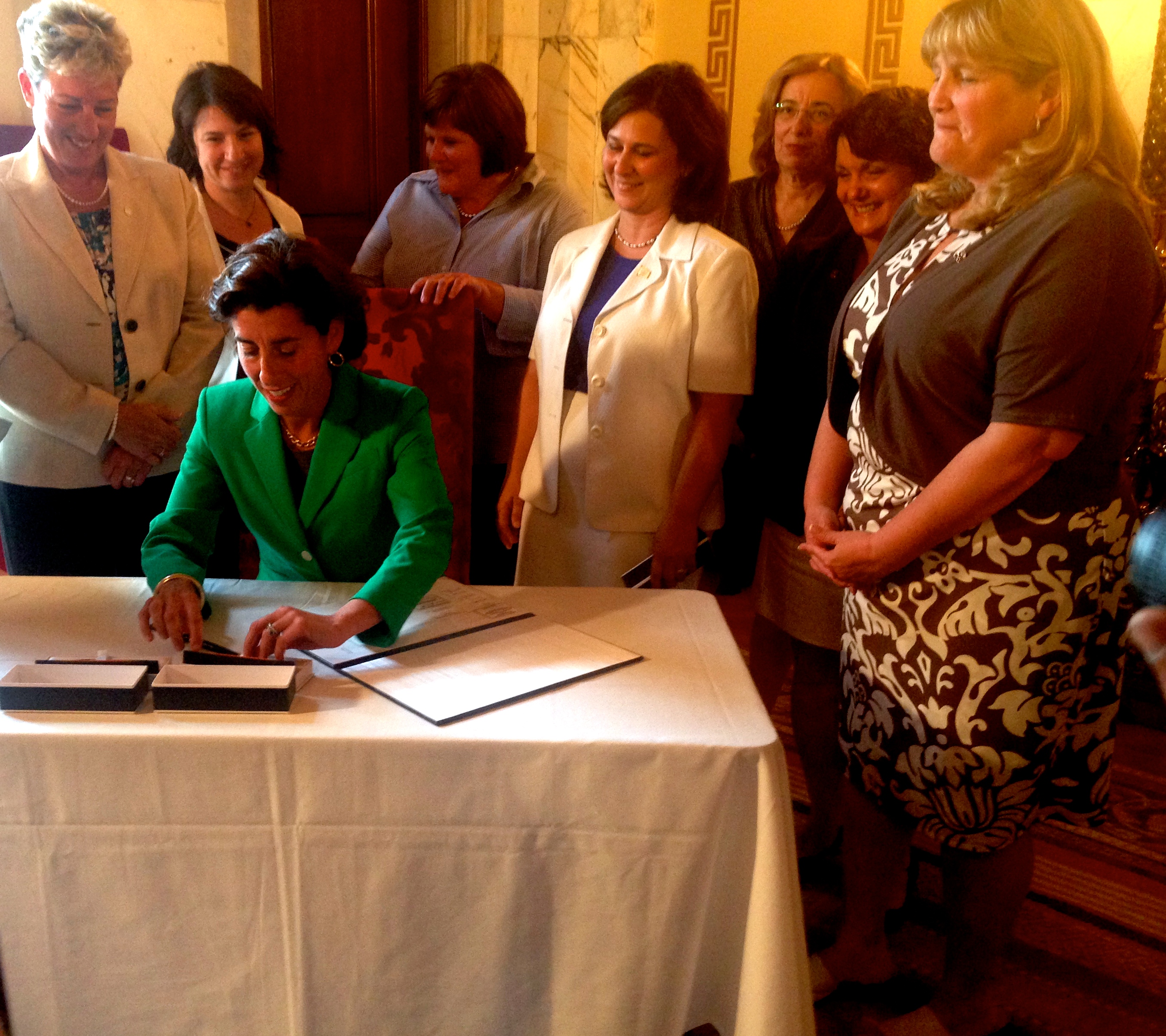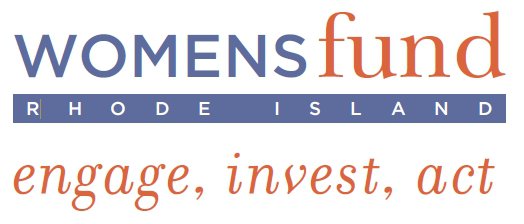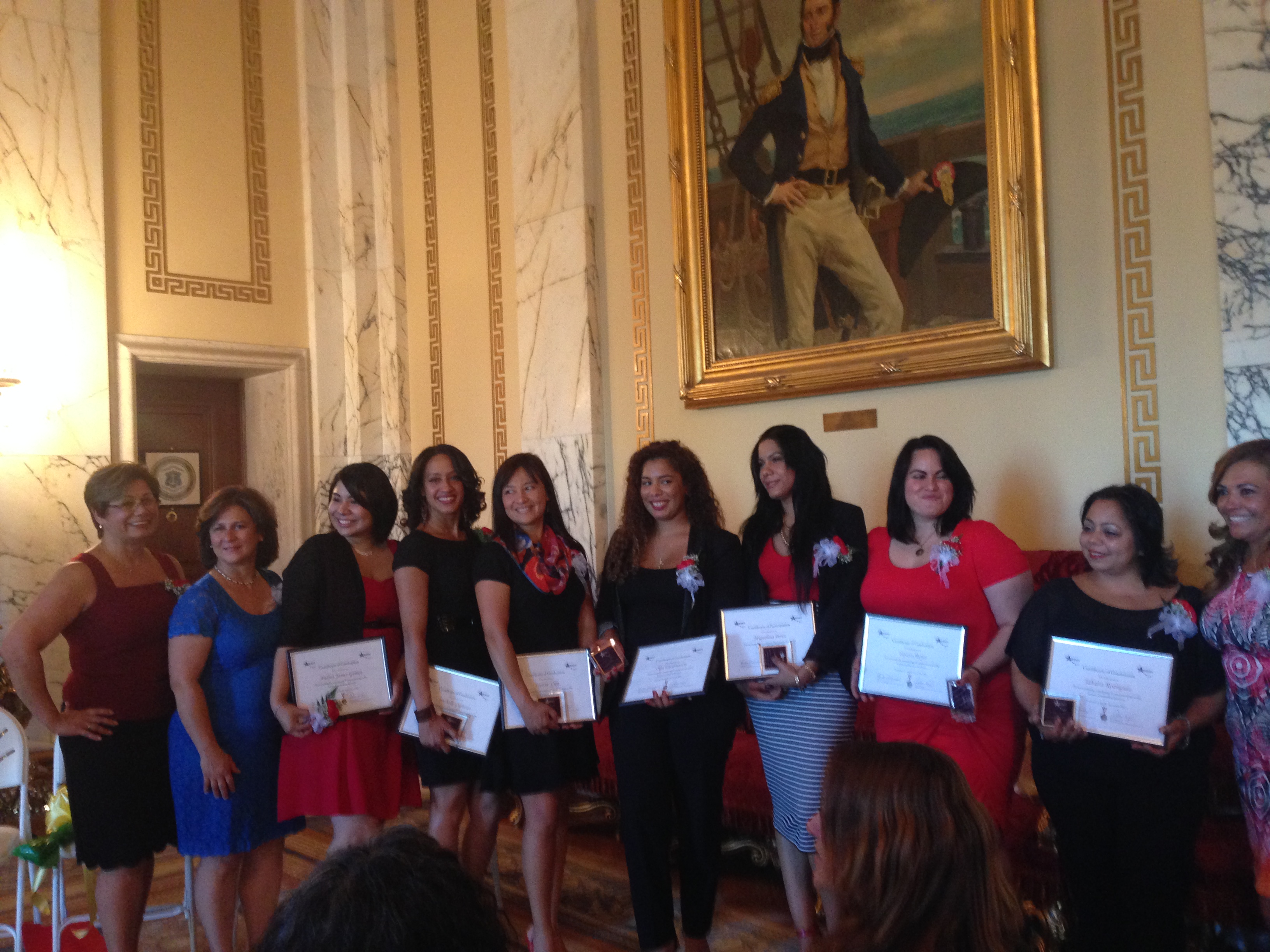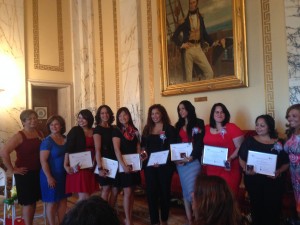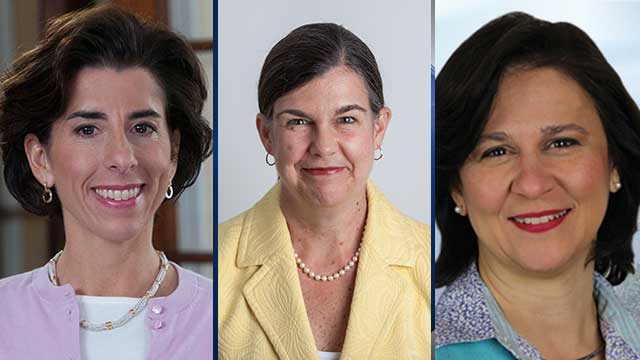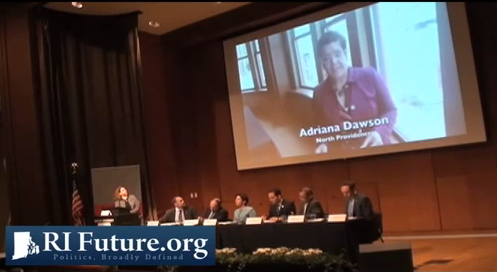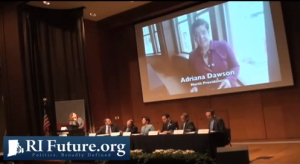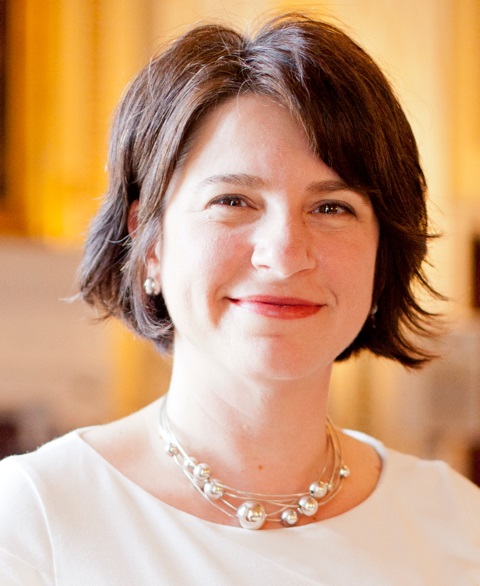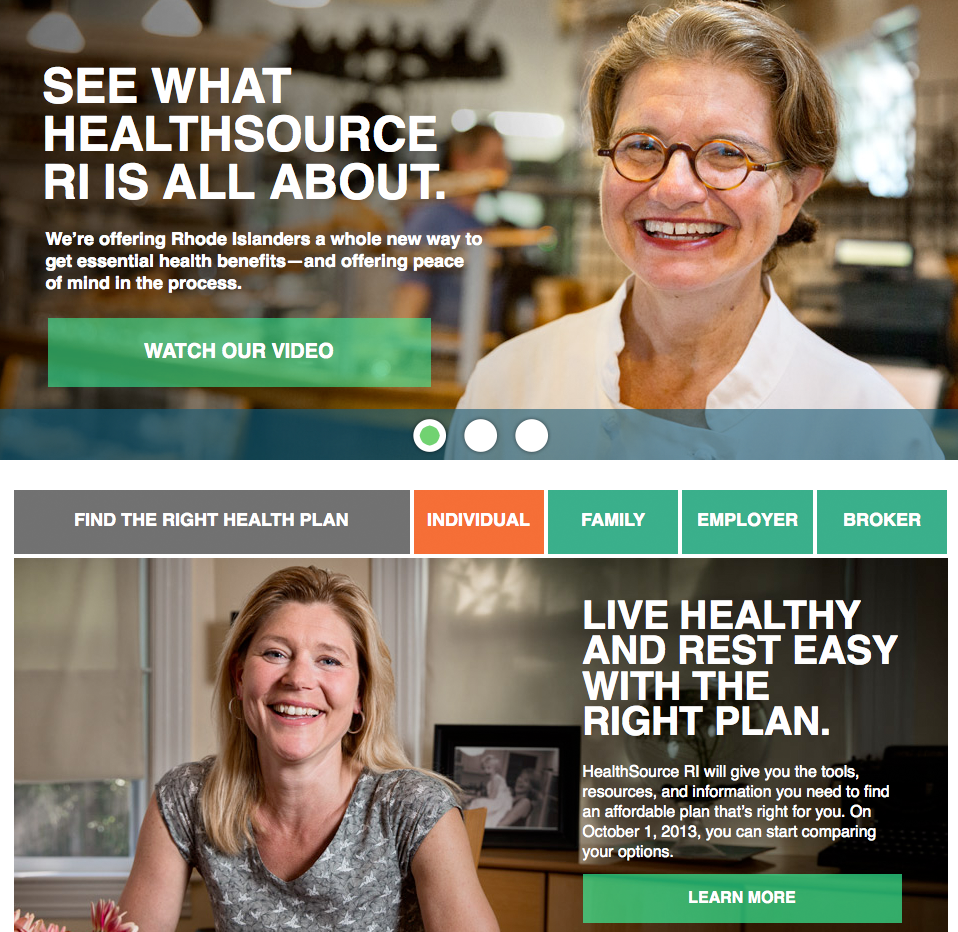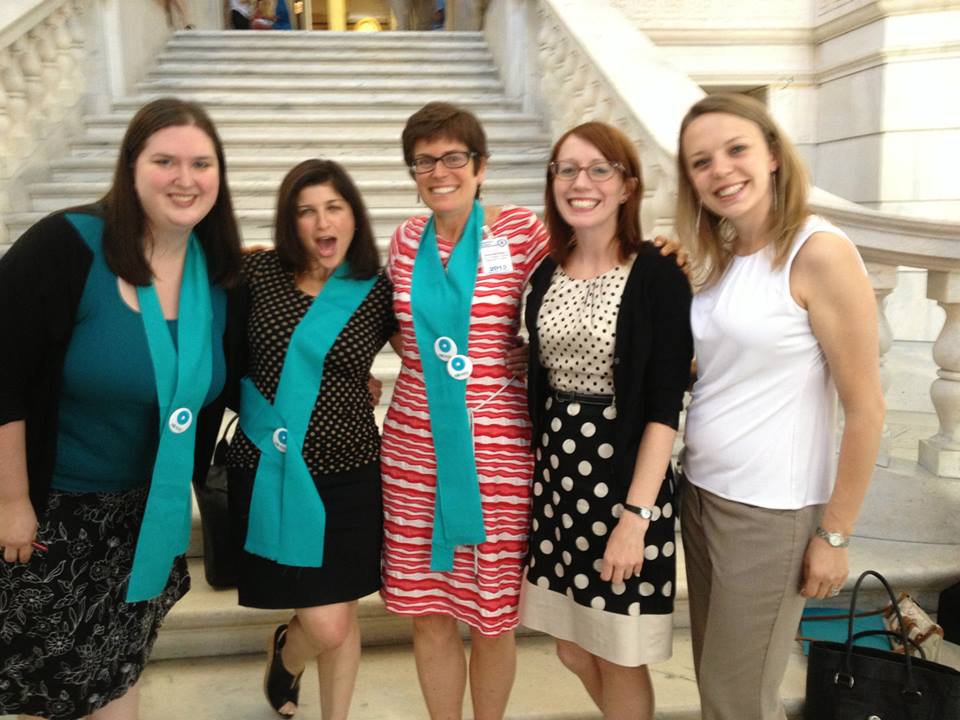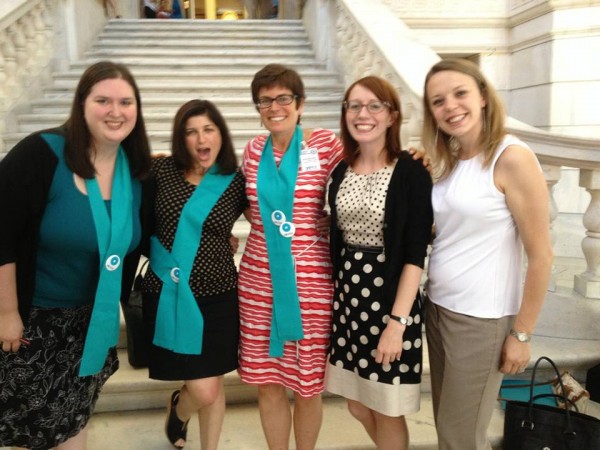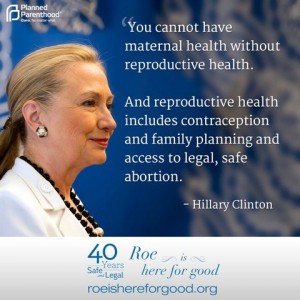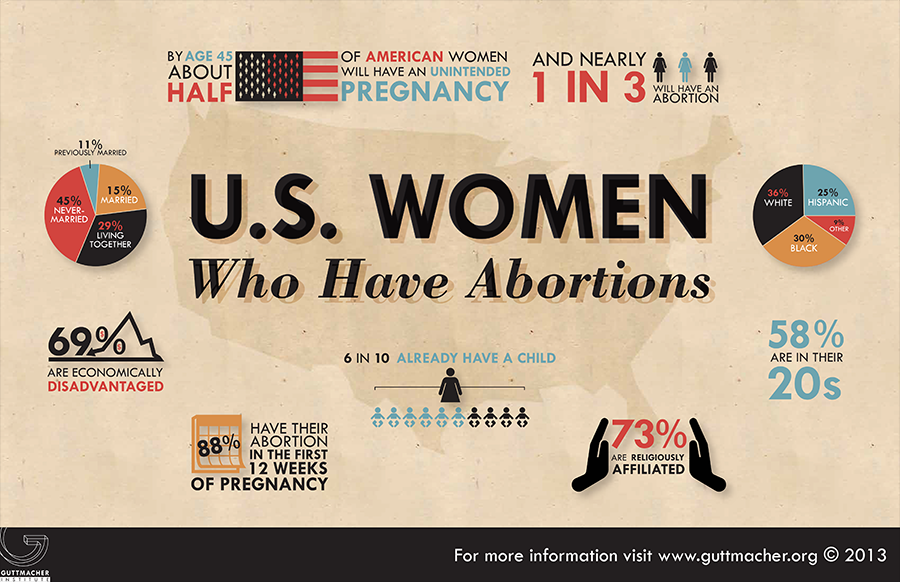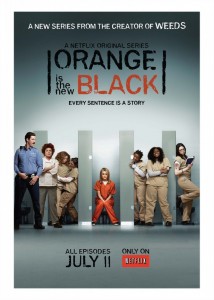 Those of you without Netflix might be wondering what’s all the fuss about with “Orange is the New Black.” The first 13-episode season of ONB is the second TV show to debut on the website. It is time to get past the controversy over who created the show and use it for advancing discussion on mass incarceration in ways that only mass media can accomplish.
Those of you without Netflix might be wondering what’s all the fuss about with “Orange is the New Black.” The first 13-episode season of ONB is the second TV show to debut on the website. It is time to get past the controversy over who created the show and use it for advancing discussion on mass incarceration in ways that only mass media can accomplish.
The setting of ONB is simple: a women’s federal minimum security in upstate New York. Roughly a dozen main characters provide the drama, humor, and sex. Yes, sex (go figure). The storytelling device is that the show’s central viewpoint is through the character Piper Chapman- a White chick. She is based on a real life character, Piper Kerman, who wrote the book “Orange is the New Black” after serving a year in just such a penitentiary. Chapman/Kerman both went to a fancy college and were born with privilege, rather than the working class and impoverished neighborhoods destroyed by a war on people, dubbed the “War on Drugs.”
So lets get a few things out of the way:
1. This is neither a documentary film nor a news piece. It is thought-provoking television entertainment. i.e. the last review I wrote was for the film “Les Miserables.” My thoughts have been provoked. For those of you in Rhode Island who want a scholarly assessment of incarcerated women, find the book “Mothering in Prison,” by Prof. Sandra Enos.
2. The show is racist. Yes, I said it. That’s because the entire prison apparatus is racist, thus any show based on it, rooted in it, must also be racist. For my non-believers in racism, I leave it to endless studies showing that similarly situated White people overwhelmingly receive less-punitive treatment than Black and Latino folks. This starts with where police patrol to the discretion of police, prosecutors, grand juries, judges, juries, parole boards… and it all compounds at every stage to form a massive ball of racism.
3. The writer, Jenji Kohan, did not do time in prison. She wrote the show “Weeds” about a suburban mom who sells weed. I’m not sure if Kohan has experience with that, but I know several weed dealers who loved the show. She, her brother and father, have all won Emmy awards for their writing. Here, Kohan pulls her story out of Kerman’s book, and consults with Kerman on the scripts. And wherever she is pulling it from: she’s got skills, and not just getting by because she’s Jewish in Hollywood.
Considering the above, some are outraged that it’s “only a story when a White person gets locked up.” There is some truth to that, but ONB is not just about the White character. I’m reminded of “ER,” where the storytelling device is to show the insanity of the hospital through the eyes of Dr. Carter, the rookie intern. It’s a device, to create some tension- and in prison culture, roles can be reversed. As a guy told me within a few weeks of my incarceration: “You people run shit out there, we run shit in here.” Yes, I would love to watch Mumia’s TV drama, if he wrote one. I also know that if it were my show, there would be flack that it’s a White writer, even if the main character were Black. And finally, it seems to me that people want stories about either total monsters or people who were justified/innocent. We don’t like to wade in the murky waters of good people who do really bad things.
The Power of the Female Lens
Women are about 7% of people in prison. Clearly they are not representative of the norm, however, I believe this is a better lens for society to see through and comprehend what is going on. We often have little compassion for men and no outrage when they are trampled. If America were presented with a cellblock full of Black men, people shut down, revert to stereotypes, and innate prejudices drive their view. Consider all the voyeurs who watch the MSNBC “Lockup” series, or the other one (you know the one). Such shows are reinforcing the norm that “these people” belong in prison; that these dangerous dudes shouldn’t live on my street. Some people rush to judgment at the slightest hint of “thug” behavior. The fact that a significant percentage of America could do this over a skinny unarmed high school kid who was shot and killed… it is almost astonishing, unless you have a pulse of American cultural wavelengths. Trayvon Martin’s story, in 2013, has many lessons still to be addressed.
I was in a prison group where a counselor showed us part of an Oz episode. About two guys were shanked, three raped, a few tattoos, massive drug use… all within a few minutes. “That’s what people think you’re doing in here,” she said. Imagine hearing, years later, someone in a social justice sphere say (only half joking): “I know what prison is like, I watched Oz.” I gave her a look and said “ouch.” She knew what I meant to say. With ONB, I hope these female characters will succeed in exploring (for the viewer) genuine issues of the human condition. It just so happens that my favorite book on prison is also written by a woman who served time.
One of my friends once said, “They should give us royalties,” while walking the yard. He concluded that without us doing crazy, messed up stuff to inspire the writers and suck in the voyeurs, those with criminal fantasies, the fetishists, even the studious- they would have no TV, no movies, because “crime” stories are everywhere. On the funny side, he’s right. But on a serious note, this highlights a deeper dilemma where a group of people aren’t allowed to, nor sought out, to write their own stories. The creators of Oz (Tom Fontana) and The Wire(David Simon) are both White guys with writer backgrounds. Both have long ‘cop show’ writing credits.
It isn’t fair to writers, in general, that they be lauded only when they write from their direct experience. But it is more unjust when the subjects are excluded from the storytelling process. This is not to say anyone who has been in prison can construct a complex web of characters with properly paced plot lines. Nor to say any “writer” can use their skills for any scenario. There are writers who have been incarcerated, of all skin tones, and this Kohan/Kerman story is just one of the tales that can be told. Lets not ever forget that Netflix is in it for the money, not to advance an agenda.
Most agencies that serve incarcerated, and formerly incarcerated, people also have disproportionately White staffs. The same can be said for those who study us or represent us in court. Most of them have folks running reentry programs who have never reentered society from prison. Many People of Color who do such work aren’t from low-income over-policed communities, and perhaps went to colleges like the ONB lead character rather than the state homes like Taystee. Ultimately, we can draw hard lines in the sand to exclude all but the perfect voices, perfect in both style and substance, or we can embrace it a bit- based on people’s true intentions. Lease with the option to call you out on some bullshit.
Character-Driven Issues
Chapman, like the book’s author, caught a year for being a money mule- yet never actually getting arrested with drugs or money. It is true that the biggest drug dealers in the world never get caught while people just getting by, often Black and Latino folks with few (if any) economic alternatives, are fueling an incarceration industry. Once the dealing goes corporate, those millions of dollars create private bankers, private militaries, and paid-off officials. My frustration with this character’s legal dilemma is that she didn’t go to trial, not the presumption that, if she were Black, she would be serving 20 years on a mandatory minimum sentence.
 Its tough to pick a favorite character, as the acting is brilliant. None of the characters are just cartoon cut-outs, they have multi-dimensions, and most manage to remind me of someone I knew in prison. Pennsatucky is brilliantly portrayed by Taryn Manning (8 Mile); lovable/avoidable ‘Crazy Eyes’ (Uzo Aduba) allows a window into mental illness, and the grim reality of prison medical treatment; Red (Kate Mulgrew) grows on you like a Soprano, and you quickly forget she is not the captain of Starship Voyager. I’m not feeling Laura Prepon’s character (Alex) who, sadly, is a central character. I’m not sure if its her skinny eyebrows, hipster sarcasm, or stool-pigeonry, but she can just go away. Some may argue that ONB has too many characters who appear justified in their criminal behavior, and/or they were not the real culprit (just along for the ride), or it was an accident, or they only victimized themselves. Lets not forget this is a minimum security where, typically, people are in on bullshit charges. But yes, for some of us: we did some fucked up shit and can never take it back. With a show like this, however, we can take the time to see that even the most heinous actions have a story attached to them.
Its tough to pick a favorite character, as the acting is brilliant. None of the characters are just cartoon cut-outs, they have multi-dimensions, and most manage to remind me of someone I knew in prison. Pennsatucky is brilliantly portrayed by Taryn Manning (8 Mile); lovable/avoidable ‘Crazy Eyes’ (Uzo Aduba) allows a window into mental illness, and the grim reality of prison medical treatment; Red (Kate Mulgrew) grows on you like a Soprano, and you quickly forget she is not the captain of Starship Voyager. I’m not feeling Laura Prepon’s character (Alex) who, sadly, is a central character. I’m not sure if its her skinny eyebrows, hipster sarcasm, or stool-pigeonry, but she can just go away. Some may argue that ONB has too many characters who appear justified in their criminal behavior, and/or they were not the real culprit (just along for the ride), or it was an accident, or they only victimized themselves. Lets not forget this is a minimum security where, typically, people are in on bullshit charges. But yes, for some of us: we did some fucked up shit and can never take it back. With a show like this, however, we can take the time to see that even the most heinous actions have a story attached to them.
 The show goes far enough to create a transgender character (Sophia) played by Laverne Cox, who is (surprise) a transgender woman in real life. She is another potential show-stealer, with many story lines to work out. Surely the creators can consult with Miss Major and TGI Justice on this issue. The problem with prisons brutally failing trans people, in many ways, starts with their troubling policies on where to incarcerate someone. I’ll leave it to others to discuss the reality of the character’s journey, but its excellent to see ONBattempt to cover the landscape.
The show goes far enough to create a transgender character (Sophia) played by Laverne Cox, who is (surprise) a transgender woman in real life. She is another potential show-stealer, with many story lines to work out. Surely the creators can consult with Miss Major and TGI Justice on this issue. The problem with prisons brutally failing trans people, in many ways, starts with their troubling policies on where to incarcerate someone. I’ll leave it to others to discuss the reality of the character’s journey, but its excellent to see ONBattempt to cover the landscape.
Allowing for character development is a bonus where a show has perhaps five seasons and over 60 hours to spend- especially where the characters are in prison. New people will come in, some may get out and come back, and an incarcerated mother’s life is perhaps one of the most complicated personalities to unpack and understand. Elizabeth Rodriguez portrays Aleida, whose own daughter becomes incarcerated. She is probably my favorite character, in anticipation of her growth on the show.
And then there is Chapman, the main character. She is lovable and hate-able, which I believe is the intent of the show. ONB may vault actress Taylor Shilling into a leading lady, or sideline her to a memorable role, like the friends on Friends. Either way, she is just right for the show. Her awkwardness and confidence are evident, two traits one might expect from an Upper West Side-type-of-girl who finds her way into the Joint after thinking her adventures in the drug world were above the law… and buried in the past.robably my favorite as I sense the room for her growth and the revelations of what drives her.
And the character, Pornstache… he is possibly my favorite villain since Dr. Evil. There are also some “good” guards. But keep watching- we shall see if they go the way most go over time.
Its not all Perfect
Struggles with poverty, addiction, violence and difficult choices are not gender-specific. Rape by prison guards is almost (not totally) unique to women prisoners, and the rate of HIV is much higher. Hardly any men are in prison for prostitution, but the root cause of desperately needing money is often the same: addiction, a health issue. Despite some differences, the insanity of prison regulations is the same for both genders. Addiction is part of ONB, but I expect to see further health problems- including amongst the older “Golden Girls,” as people die in prison every year, often amidst brutal neglect.
My primary critique thus far is that there is not enough emphasis on children of the prisoners. Organizations such as Women On the Rise Telling Her Story (WORTH) in NYC, and Justice Now in Oakland, must be going nuts, as they do the real work with women locked up. About 75% of incarcerated women are mothers, and most of them are in constant struggles with DCYF over visitation, or even termination of their parental rights. Prisons are still sterilizing women. A few mothering plot-lines exist: one woman who gives birth behind bars (which received decent treatment, but could have been more intense); or the Mother-Daughter who are both incarcerated.
I’m hoping to see not just a political prisoner (there is one), but prisoners who become political. Some refer to such people (I was one, myself) as “Political Prisoners” all the same. I won’t mince words and terms, I just want to see some higher analysis of The System by a few of these women. It is self-evident that wherever there are people caged for more than long enough to gather their thoughts, there will be wisdom. One might think that Red, the kitchen matriarch, would be the font for such perspective, but I think it may be better drawn out through Gloria, with her constituency of Latinas. Taystee is a quality “brains of the operation,” but a certain college girl not named Chapman could also develop into an intellectual force.
I would like to see more exploration of the racial dynamics in prison. It is not the same as the outside, although it is an extension of an America that protected slave ownership through force of laws and weapons; a society that can currently whip some people up into a fury by mentioning “illegals” on welfare. I’m someone who directly confronted racial politics and culture while incarcerated. This was some of the most rewarding experiences for me, as it was a strike against the “Divide and Conquer” power structure that serves an outnumbered master class. ONB sets up the “tribes” and “families” that form the society in this prison, creating a large canvass upon which to paint our human condition.
If you want to know the humanity of society, look to its prisons
Prison is a peculiar place that molds us in ways that often depends on our disposition towards other people. Do we care about other people? Despise them? With that said, self-preservation is crucial. Chapman is not an angel. She screws up on more than a few occasions. If this prison were more violent, she may have been shanked two or three times already. She is like the “NewJack” that inspired me to write “NewJack’s Guide to the Big House,” when I finally got to minimum security, after 11 years of prison.
In full disclosure, I know the writer of the book ONB (Piper Kerman), upon which Jenji Kohan based the show, and had breakfast with her the other day. She corrected my false assumption that the prison setting, including the seeming unlimited movement of the ladies, was made for TV. In fact, the real version of this prison is much like the show. I was also quick to recognize that she is not the character “Chapman”- its just an awkward derivative. We are both looking forward to the second season.
Prison is a funny place. It is a scary place. It is a hole in the ground where power dynamics can make you a ruler or an outcast in a matter of hours. Someone who spent a year in there can’t know it all, and neither Piper Chapman nor Piper Kerman nor Jenji Kohan knows it all. We can watch the show and think about fake characters confronting real issues, or we can just change the channel. Yesterday, a guy on the plane behind me, who was finishing up his degree in accounting, was saying how one particular show is “the best, its real. The guy basically just fucks women and makes money.” The girl next to him asked, “is that your goal in life?” He replies, “Basically.” We can always aspire to be that guy.
